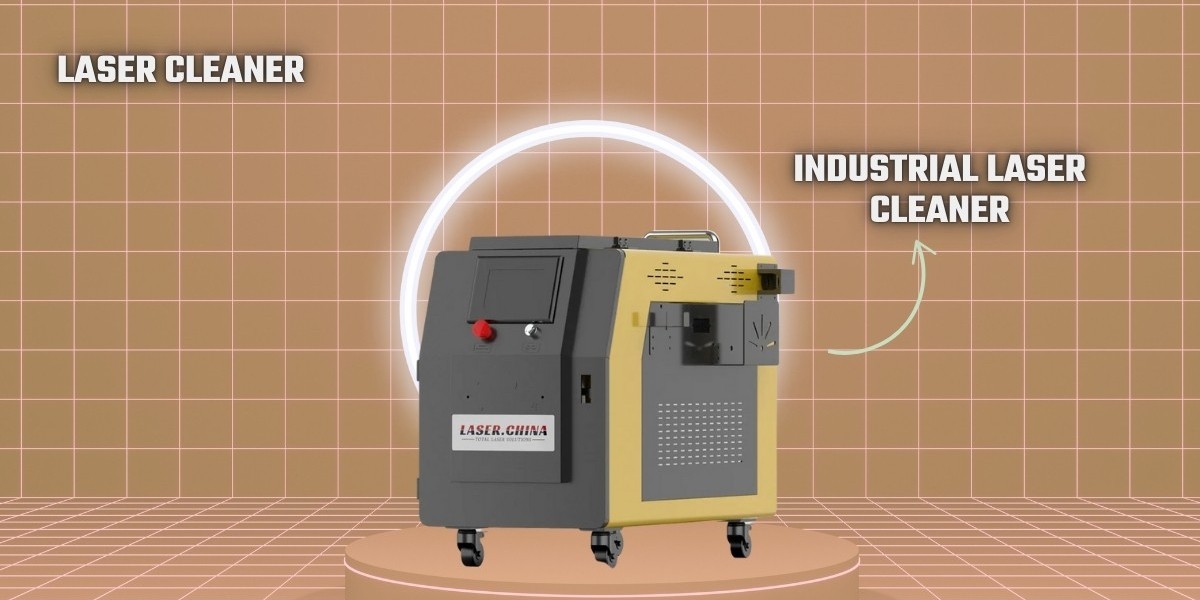Purchasing a laser welding machine for your business can significantly enhance your manufacturing or repair capabilities. However, selecting the right machine requires careful consideration of several factors to ensure it meets your needs and provides value for your investment.
What is a Laser Welding Machine?
A laser welding machine uses a concentrated laser beam to fuse materials, typically metals or plastics, by melting them at the joint. Its precision, speed, and versatility make it a valuable tool for various industries, including jewellery, automotive, aerospace, medical devices, and electronics.
Key Considerations When Purchasing a Laser Welding Machine
Application Requirements:
Determine the primary purpose of the machine. Are you looking to repair jewellery, weld automotive parts, or perform micro-welding in electronics? Different machines cater to specific applications, so understanding your needs is crucial.Material Compatibility:
Consider the materials you will be working with, such as stainless steel, aluminum, titanium, or plastics. Ensure the machine is compatible with these materials and offers adjustable settings for optimal performance.Welding Speed and Precision:
Evaluate the machine's welding speed and precision. Faster machines increase productivity, while high precision is essential for intricate or delicate tasks.Power Output:
The laser's power determines its ability to weld different materials and thicknesses. Machines with higher power output can handle thicker materials and perform deep penetration welding.Type of Laser Technology:
Common laser technologies include fiber lasers, CO2 lasers, and diode lasers. Fiber lasers are known for their efficiency, low maintenance, and versatility, making them ideal for most applications.Ease of Use:
Look for user-friendly features such as touchscreens, pre-set programs, and adjustable settings. Some machines come with training support or intuitive interfaces, which can be beneficial for new users.Automation and Integration:
If you plan to integrate the laser welding machine into an automated production line, ensure it is compatible with your existing setup. Many modern machines offer robotic compatibility for seamless automation.Portability:
Depending on your workspace, you may need a portable machine or a larger, stationary model. Portable machines are ideal for on-site repairs or smaller workshops.Cost and Budget:
Laser welding machines range in price based on their features and capabilities. Set a budget, but also factor in long-term savings from increased productivity and reduced material waste.After-Sales Support:
Consider the manufacturer's reputation, warranty, and availability of customer support. Reliable after-sales service ensures smooth operation and quick resolution of any issues.
Benefits of Investing in a Laser Welding Machine
Increased Efficiency:
Laser welding is faster than traditional methods, allowing you to complete tasks in less time and handle higher production volumes.Enhanced Quality:
The precision of laser welding results in clean, strong welds with minimal finishing required, improving product quality.Cost-Effectiveness:
While the initial investment may be high, reduced material waste, lower maintenance costs, and faster production can lead to significant long-term savings.Versatility:
These machines can handle a variety of tasks, from intricate jewellery repairs to heavy-duty industrial applications, making them a flexible tool for diverse needs.Minimal Heat Damage:
Laser welding generates a localized heat zone, preserving the integrity of nearby materials and reducing distortion.
Conclusion
When considering a laser welding machine for sale, assess your business needs, material requirements, and budget to make an informed decision. A well-chosen machine can enhance your capabilities, improve product quality, and provide a competitive edge in your industry. Investing in a laser welding machine is not just a purchase but a strategic move toward innovation and efficiency.









